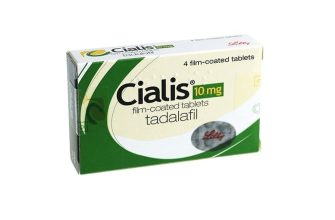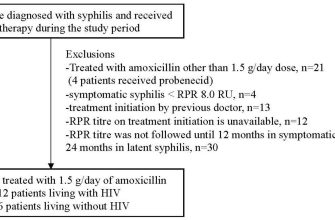Consult your doctor before starting Meloxicam 15 mg. This medication isn’t suitable for everyone.
Dosage and Administration
Your doctor will determine the correct dose. Typical dosages range from 7.5 mg to 15 mg daily, taken once or twice. Always follow their instructions precisely; altering the dosage without their approval can be harmful.
Common Uses
- Osteoarthritis pain relief
- Rheumatoid arthritis pain management
- Ankylosing spondylitis symptom reduction
Meloxicam works by reducing inflammation and pain in affected joints. Relief may not be immediate; allow several days for the medication to take full effect.
Potential Side Effects
Like all medications, Meloxicam can cause side effects. These vary in severity and frequency. Common side effects include:
- Nausea
- Heartburn
- Dizziness
- Headache
Serious side effects, while less common, include gastrointestinal bleeding and kidney problems. Contact your doctor immediately if you experience severe or persistent side effects.
Precautions and Interactions
Inform your doctor about any pre-existing health conditions, including kidney or liver problems, and all medications you are currently taking. Meloxicam may interact negatively with some drugs, such as blood thinners and certain diuretics. Avoid alcohol while taking Meloxicam.
This information is for guidance only and does not replace professional medical advice. Always seek the opinion of a healthcare professional for any health concerns or before starting any new medication.
Precautions and Interactions with Other Medications
Always inform your doctor about all medications you are taking, including over-the-counter drugs, herbal supplements, and vitamins. Meloxicam can interact with several medications, potentially increasing the risk of side effects. For example, combining meloxicam with blood thinners like warfarin may increase bleeding risk. Simultaneous use with other NSAIDs (nonsteroidal anti-inflammatory drugs) can heighten the risk of stomach ulcers and bleeding.
Specific Medication Interactions
Lithium levels in the blood can be affected by meloxicam, requiring closer monitoring by your physician. Concomitant use with diuretics might increase the risk of kidney problems. Meloxicam may also interact with methotrexate, potentially enhancing its toxicity. Consult your doctor if you are taking cyclosporine or tacrolimus, as meloxicam can affect their efficacy. If you’re using medications that affect blood clotting, discuss meloxicam use with your doctor to manage this potential risk.
Precautions
Meloxicam can cause gastrointestinal issues, including ulcers and bleeding. If you have a history of stomach problems, heart failure, high blood pressure, or kidney disease, discuss meloxicam use with your doctor carefully. Elderly individuals and patients with liver or kidney impairment are at increased risk of side effects. Avoid alcohol consumption while on meloxicam, as this can increase the risk of stomach upset. Regularly monitor your health status and report any unusual symptoms to your doctor immediately.










